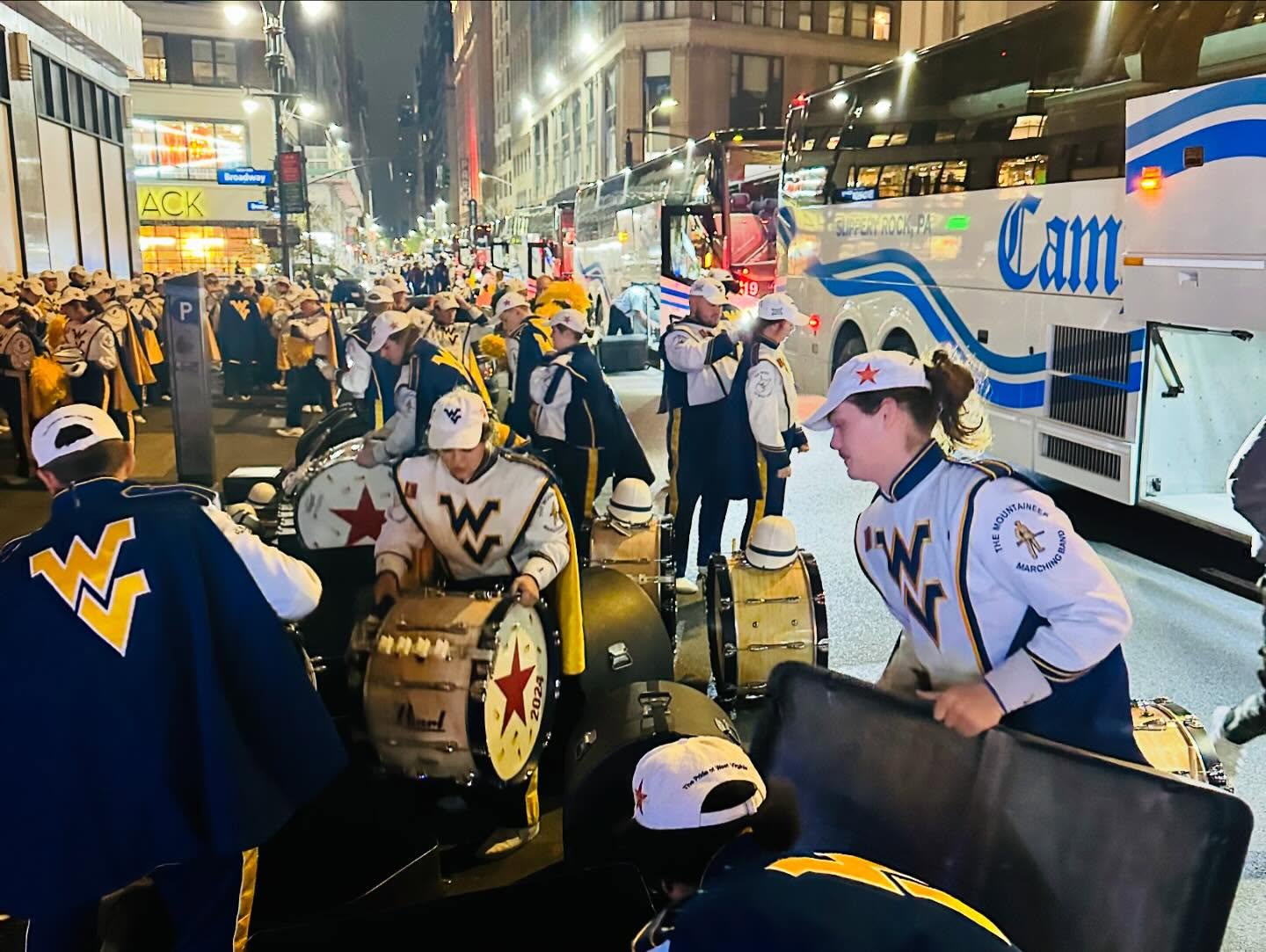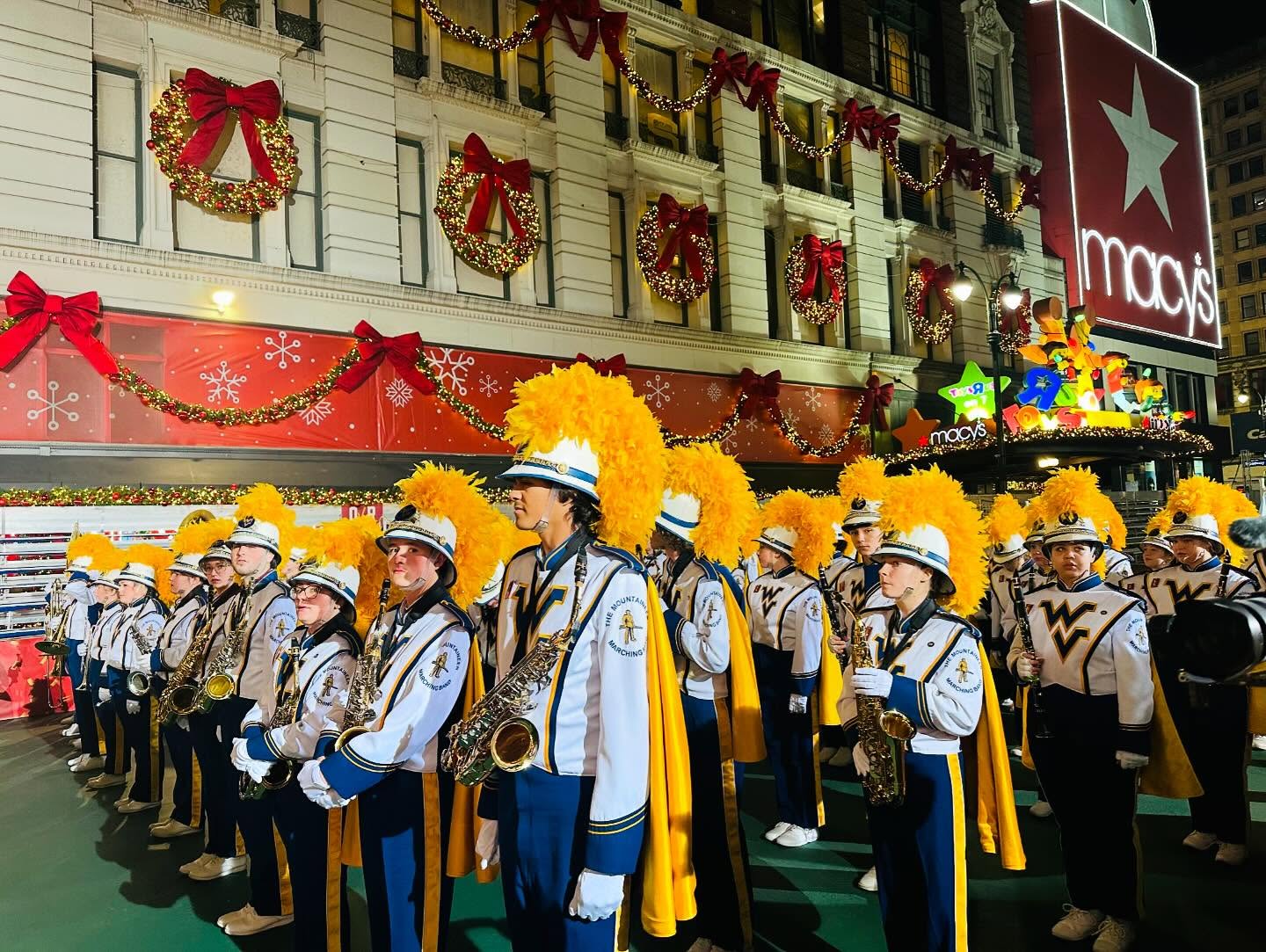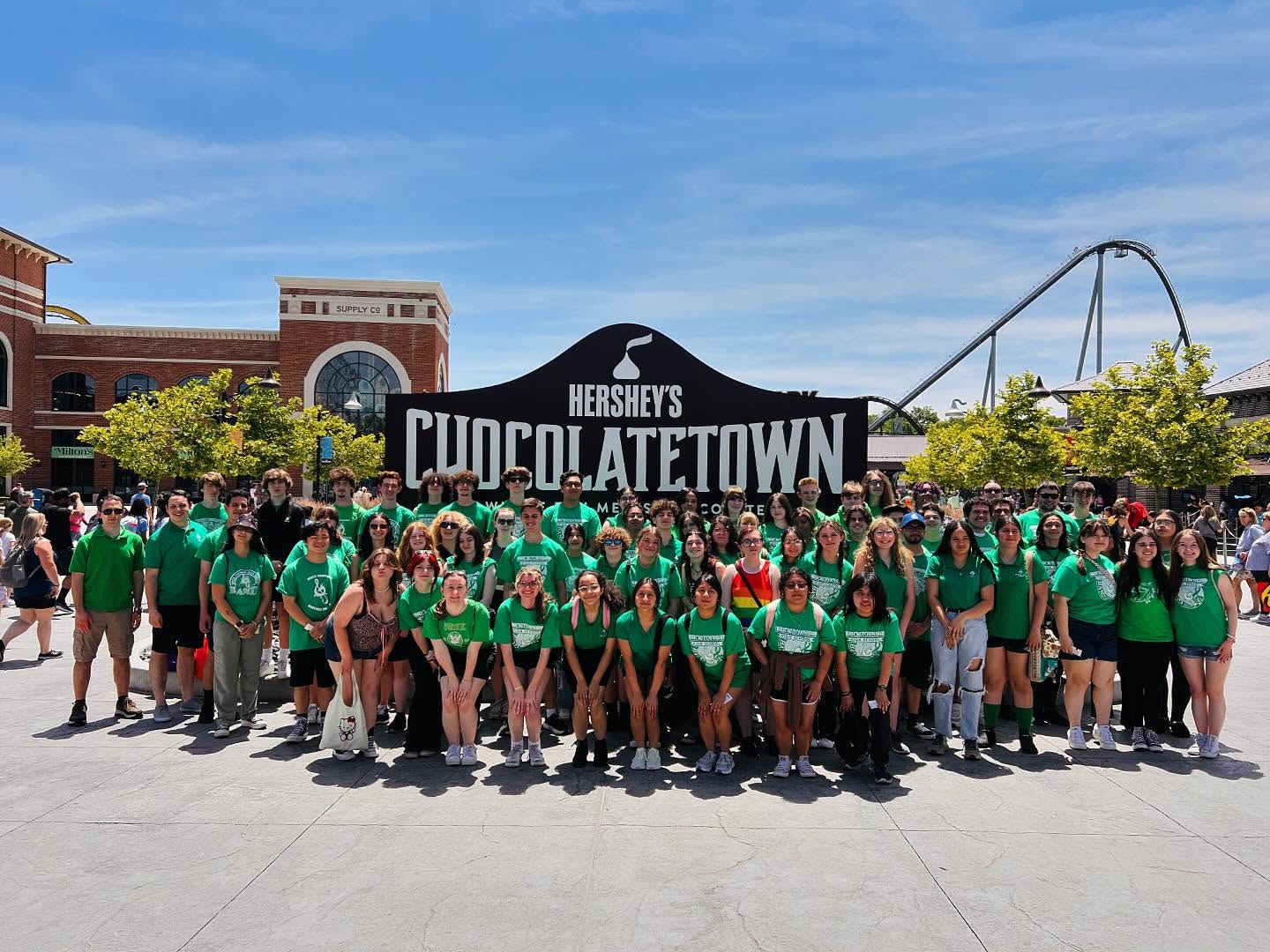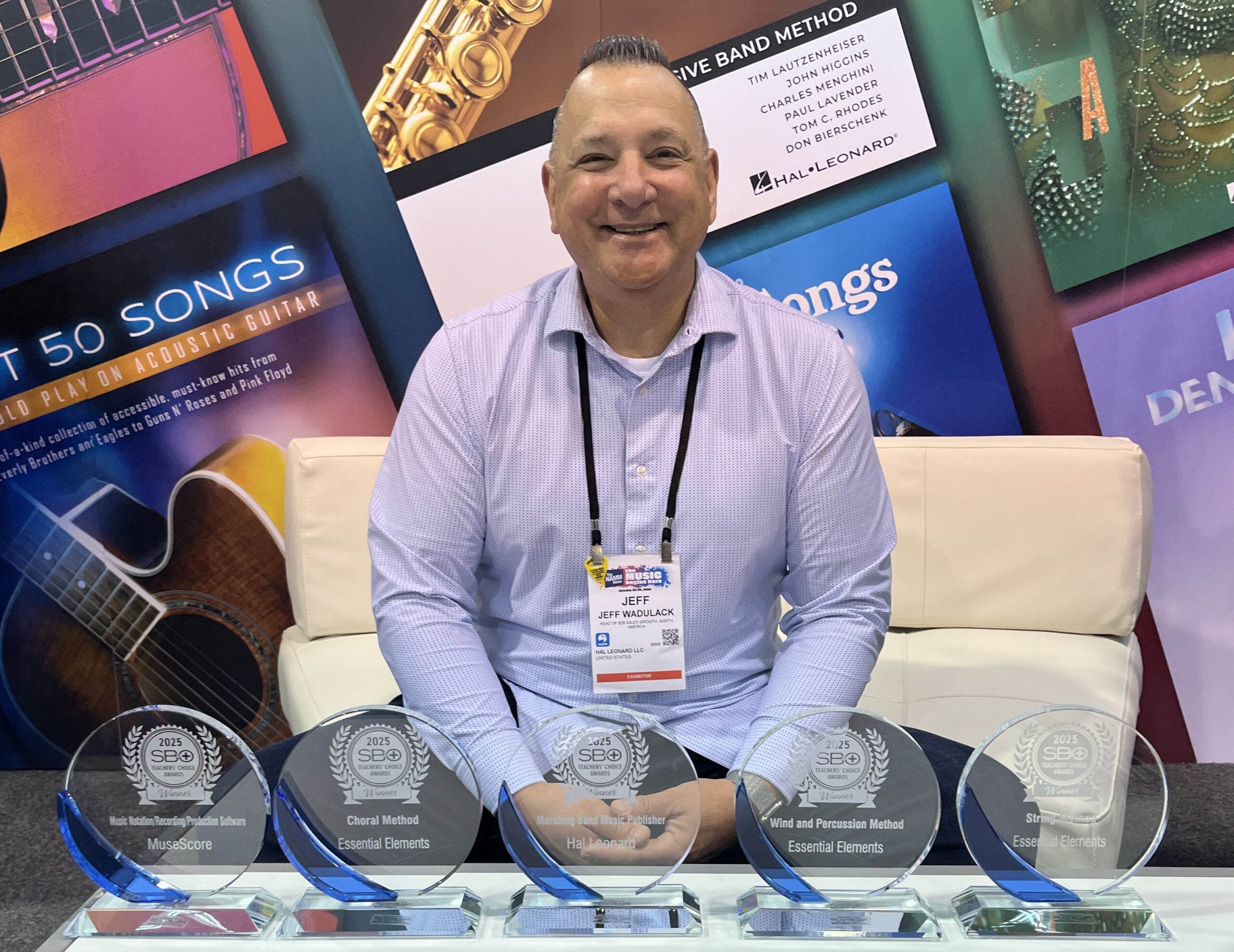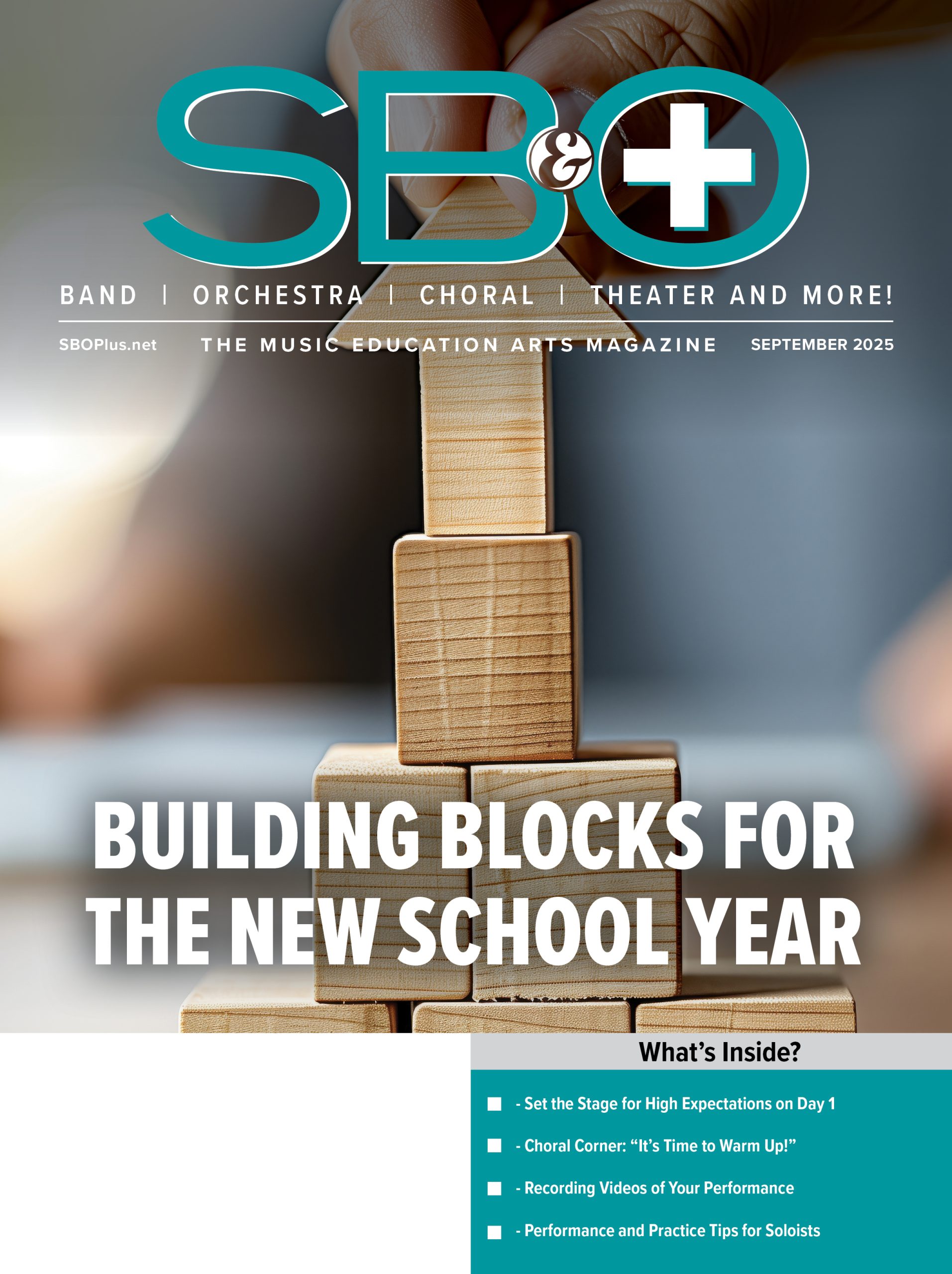
As you begin establishing yourself in your new position, be sure community building is at the top of your list of priorities. A cohesive social fabric between the students in the program will create a deeper sense of investment and accountability toward each other. This will also help create a strong layer of trust in you as their leader because you have helped foster such a positive and enjoyable atmosphere for their music education journey.
Efforts to build community and convey your care for your students do not have to be overthought or overly complicated. Here are some simple and practical suggestions:
- Share parts of your life that are important to you when possible. This humanizes you.
- Ask your students what their expectations are for their music education.
- Always offer to be available after school to help students who need it, giving your students extra help with their music or even with other subjects. This is especially valuable if you have another academic expertise where students could benefit from hearing a different perspective on a subject.
Don’t be afraid to have planned or impromptu jam sessions with students.
Tell your students music jokes to get them laughing. (Dad jokes are the truth!) Here’s one of my favorites: “My wife asked me to stop singing ‘I’m a Believer’ by The Monkees because she found it annoying. At first, I thought she was kidding. ‘But then I saw her face …’ ”
- Regularly ask your students how they are doing.
- Ask your students how their extracurricular activities are going.
- Attend a student sports game. (You may not be able to attend them all, so see if there is a sport a lot of your students have in common.)
- Plan a kickball game or picnic that can be fun and laid-back for the students.
- Plan a popcorn and movie night with all the students.
- If possible, plan an overnight performance trip that ties into a tourist site with strong music connections (theme parks, monuments, or museums).
- Tell your students you care for them.
- Ask your students questions about their interests.
Commend your students privately and publicly when you can and when you see exceptional work from them. (You will need to use your own judgment to know whether public or private praise is more appropriate, depending on the situation.)
Sharing Your Students’ Accomplishments
As you carry on with your days, it is easy to lose sight of important details of the process like building community. It is extremely important to keep building your community by sharing the success stories of your students with the entire school. Knowing the students’ accomplishments gives everyone the opportunity to be more invested in their future work and success.
Make sure to publicize your students’ success stories as much as possible. Email and social media are the easiest tools to speak directly to large groups of people at the same time. (Check with your administration for social media posting guidelines.)
Student-to-Student Mentorship
It is also important to try to build and invest in the community outside the four walls of the music room as much as you do inside the music room. A great tool to spur this on is a music mentorship program. In my own practice, I call this mentorship program Orchestra Buddies, but any name that suits your school can work. Under adult supervision, high school students meet with beginners in my room after school for an hour and go through rhythms, fingerings, techniques, and other topics of music performance on all their class music.
Having older students mentor younger players as a part of their community service hours requirement is a great way to invest in the community and build a strong culture of music even in the younger grades. Throughout this mentorship program, it was also interesting to learn from parents just how much the younger students looked up to their older mentors. They found it to be very cool that they were friends with older students who shared their same passion for music. Watching and listening to older and more advanced players helped them paint a vivid picture in their minds of what they would be capable of soon. This was very exciting for them. This type of program was not only a way to build connections within the music program and community but also a way to retain current students for years to come. Overall, understand one of the main reasons your students will trust you as their leader and strive for excellence is because you have not only demonstrated excellence in your own walk but have also nurtured a professional and caring relationship with them over time.
Adrian Gordon is an internationally performed composer and seasoned music educator and currently serves as the director of orchestras at Providence Day School in Charlotte, NC. In addition to teaching, Adrian is the founder of Leap Year Music Publishing, which publishes string music for elementary, middle, and high school ensembles.

